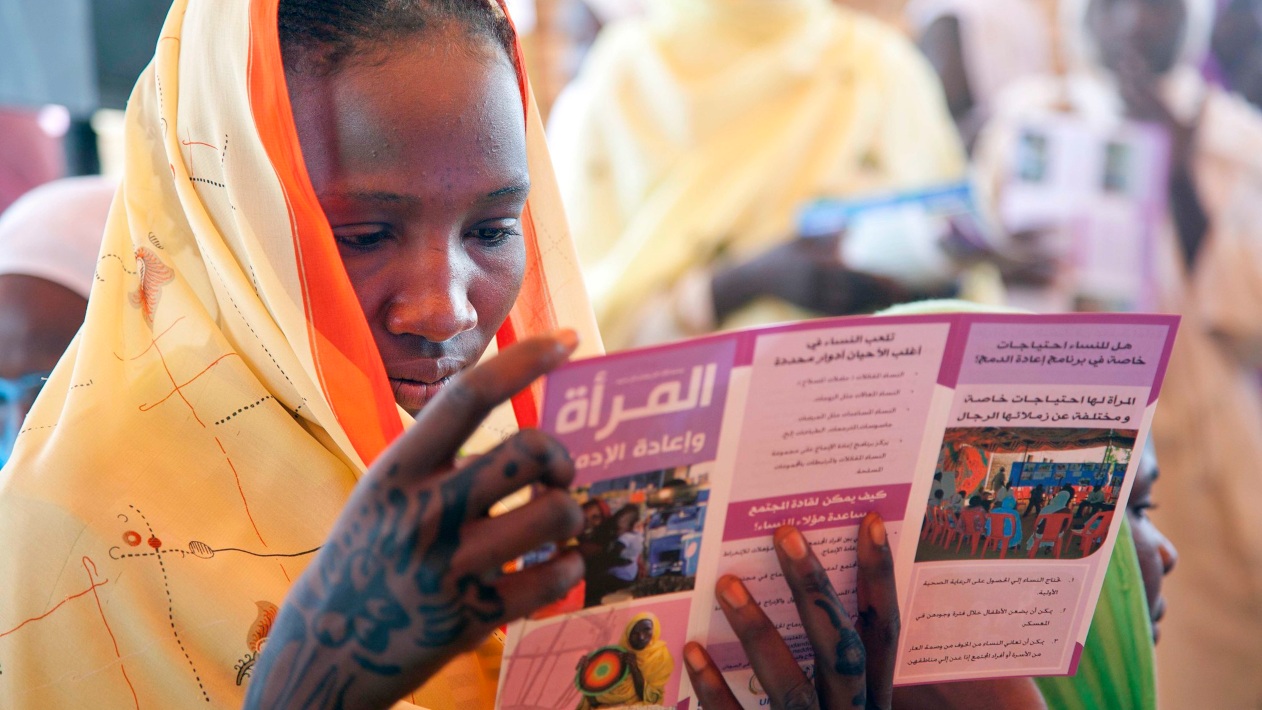
This article was originally published on the Africa at LSE blog as part of a series exploring ‘public authority’ based on research at LSE’s Centre for Public Authority and International Development at the Firoz Lalji Centre for Africa.
“A ‘public authorities’ lens is useful for understanding how governance works in conflict-affected places. But how can this lens inform the way we think about the NGOs and INGOs that operate in them? Tom Kirk explains why the question is crucial to exploring the kinds of development these organisations are promoting.”
“A ‘public authorities’ lens seeks to understand the full range of actors claiming power and governing people in the world’s most conflict-affected places (CAPs). It does this by exploring these actors’ appeals to popular social norms, the provision of public goods and, sometimes, acts of coercion and violence. It includes actors considered part of the state and those seemingly far removed from or even standing in opposition to it, such as street level bureaucrats, customary leaders, civil society organisations, religious leaders, business associations and armed groups.”
Applying this lens can also be useful to those researching INGOs and NGOs. These aid and development actors regularly claim to be working on ‘governance’, ‘good governance’ or the ‘governance of’ some population, public good or area of social life.
“Furthermore, a wealth of literature – sometimes termed aidnography – has shown how even the most quotidian of programmes justify their actions through appeals to popular or technocratic notions of progress or development. For these reasons, INGOs and NGOs often work through and themselves constitute forms of public authority.”
“Viewing INGOs and NGOs through a public authority lens is not really about assessing or evaluating their performance. Rather, it provides researchers with questions that explore how the kinds of development they are promoting in CAPs accord with their practices, how they are being received on the ground and how they may be affecting local power and politics.”
Based on forthcoming empirical research – Tom Kirk explains some of the questions a researcher using a public authorities lens may ask of these INGOs and NGOs, including service provision, social norms as well as organisational boundaries. Read more about them in the full story linked below.

Recent Comments